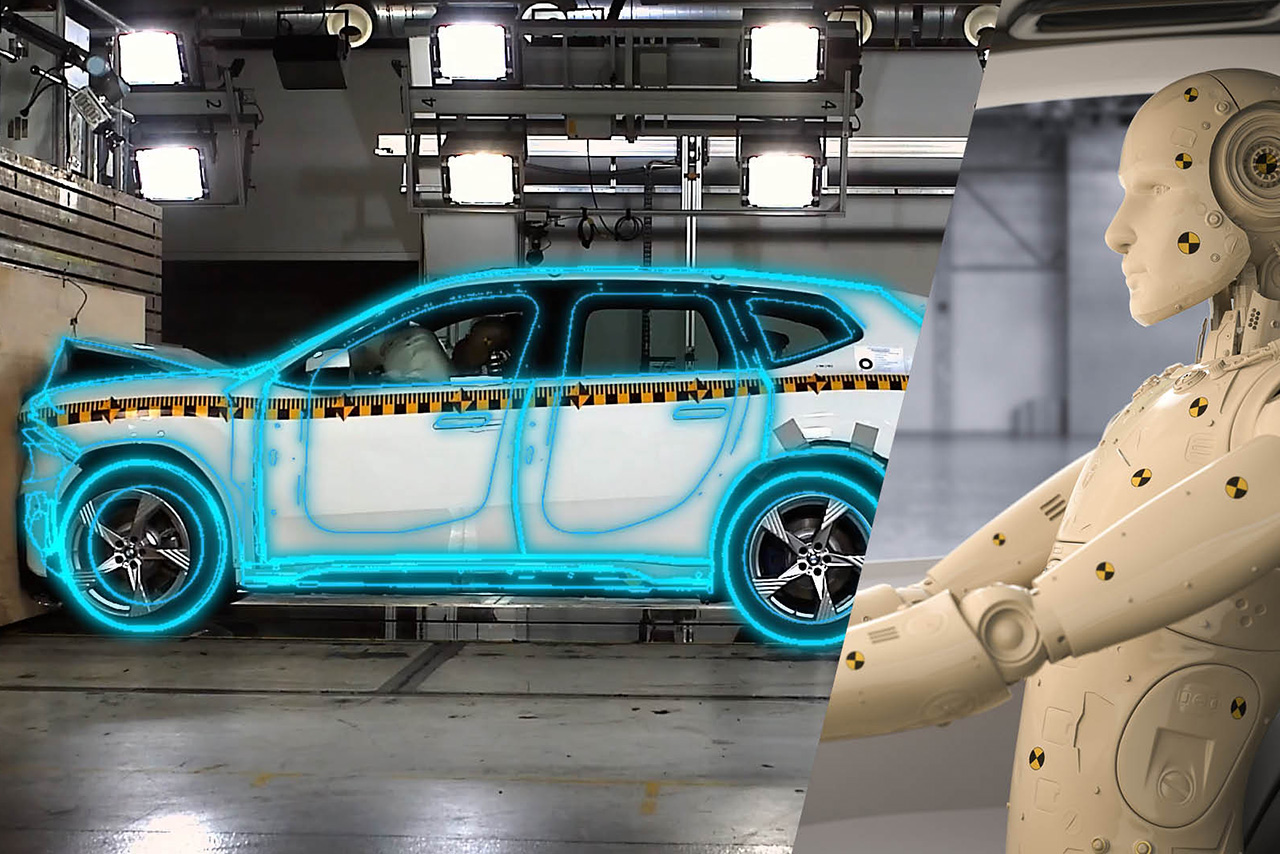Data protection and responsible handling of customer data are our key priority at BMW, and BMW AG processes personal data in line with the applicable legal requirements. Customers can find out more from the data protection notice on the relevant BMW Group brand website for their country. This describes in detail the data we use and the purposes we use it for.
Customers can change their privacy settings and data granularity at any time via the data privacy menu in their cars, the My BMW app or their BMW profile on the internet.
Data is collected from vehicles only if it is essential for the operation of specific services within the ConnectedDrive contract or if the customer has explicitly given their consent. With the current generation of vehicles, by entering into a ConnectedDrive contract with BMW AG, customers can use connected functions. Sensitive functions such as speech recognition have to be explicitly activated by the customer. Wherever possible, data is processed purely locally, within the vehicle. Some security functions, such as the Fatigue Assistant, process information (e.g. infrared image data) exclusively locally, within the vehicle, and do not share any data with the BMW Group.




















